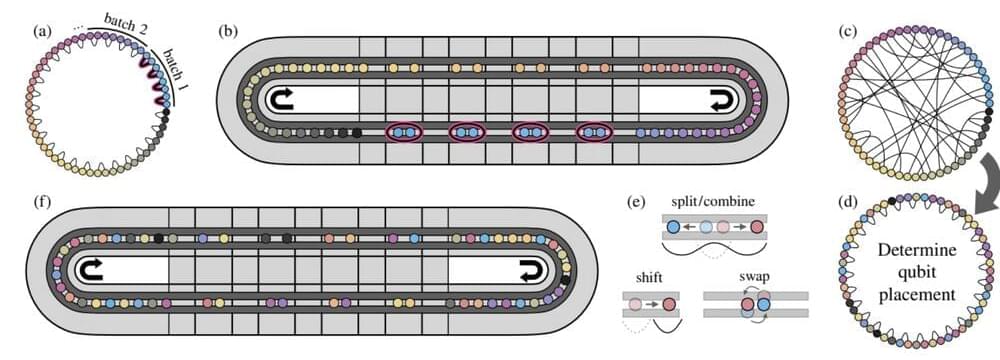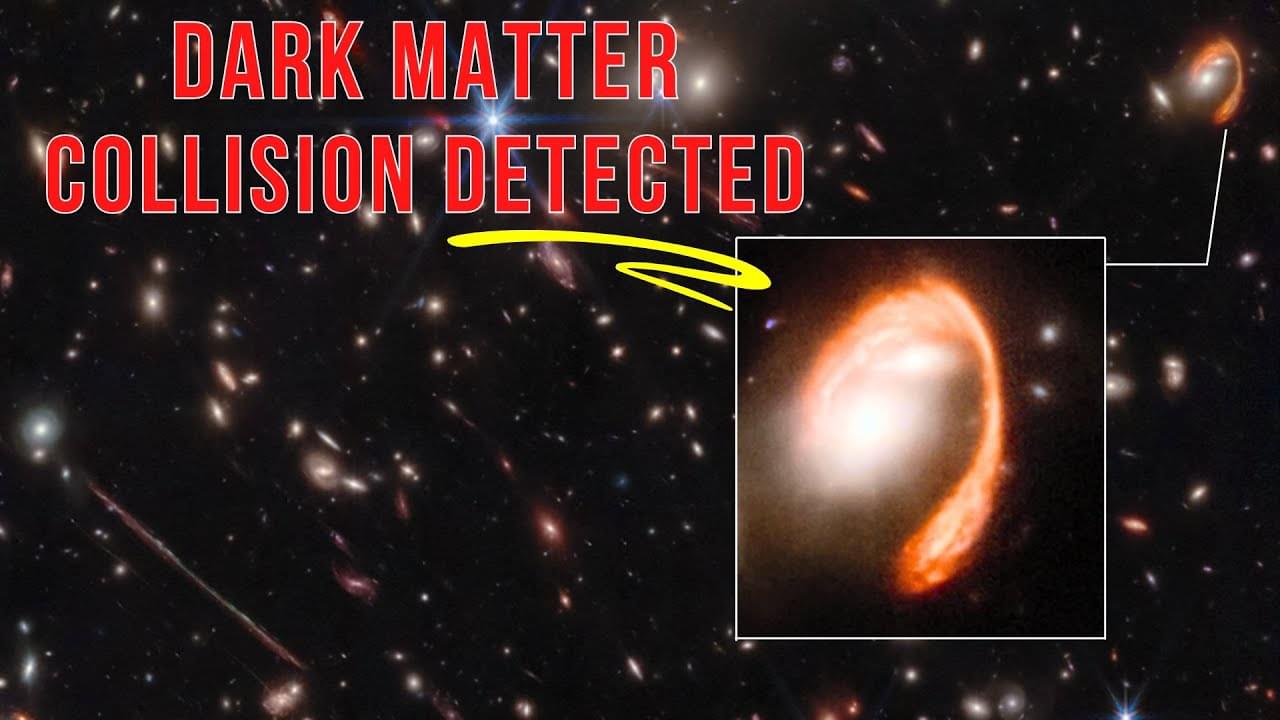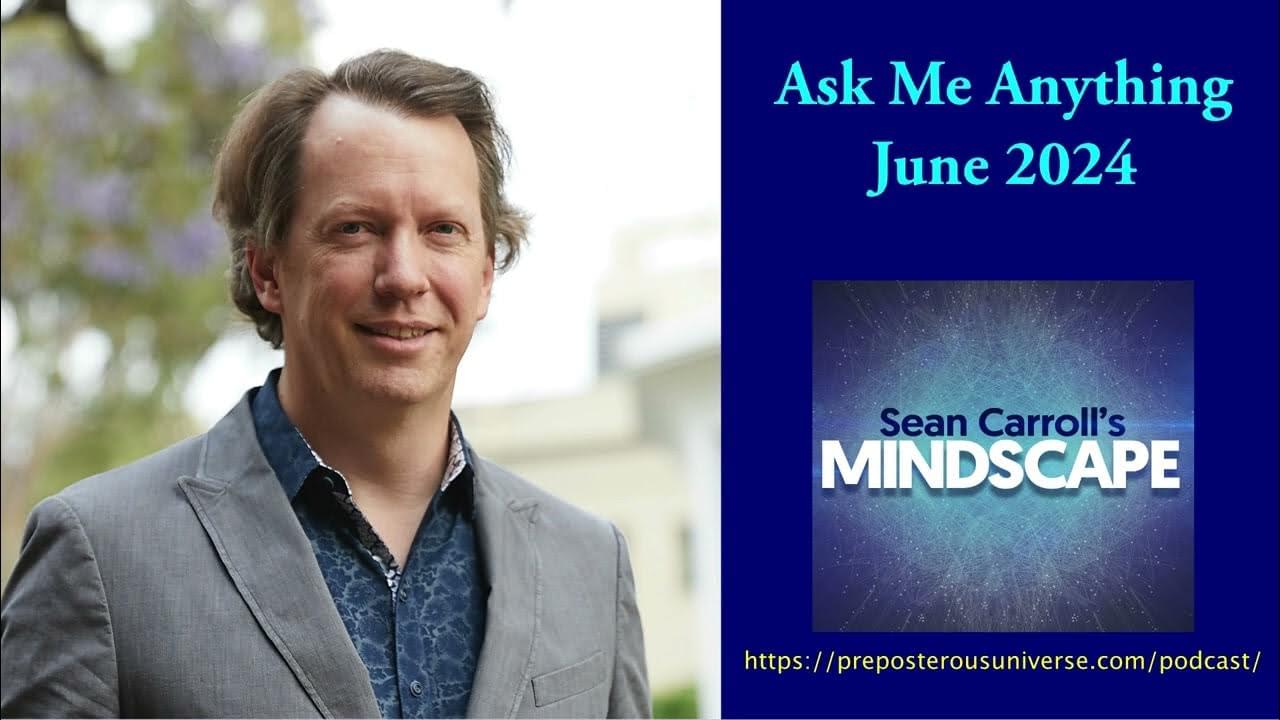
How often should patients be screened for cannabis use? This is what a recent study published in JAMA Network Open hopes to address as a team of researchers from the University of California, Los Angeles (UCLA) investigated how primary care patients who recognize themselves as recreational cannabis users could potentially be at risk for—or suffering from—cannabis use disorder. This study holds the potential to raise awareness about healthcare providers conducting cannabis screening that could help identify early signs of cannabis use disorder in primary care patients.
For the study, the researchers analyzed surveys completed by 175,734 patients prior to a primary care appointment to assess their cannabis use and was conducted between January 2021 and March 2023. In the end, the researchers found that 17 percent indicated cannabis use in their surveys, of which 34.7 percent of those individuals demonstrated potentially high risk for cannabis use disorder based on their survey results. Additionally, 76.1 percent of patients indicated they used cannabis for medical reasons while not identifying as medical cannabis users. The researchers note these results indicate steps should be taken to conduct routine cannabis screenings of primary care patents by healthcare professionals.
“Patients may not tell their primary care providers about their cannabis use, and their doctors may not ask about it,” said Dr. Lillian Gelberg, MD, who is Professor in the Department of Family Medicine at the UCLA David Geffen School of Medicine and lead author of the study. “Not asking patients about their cannabis use results in a missed opportunity for opening up doctor-patient communication regarding use of cannabis generally and for management of their symptoms. ”

















